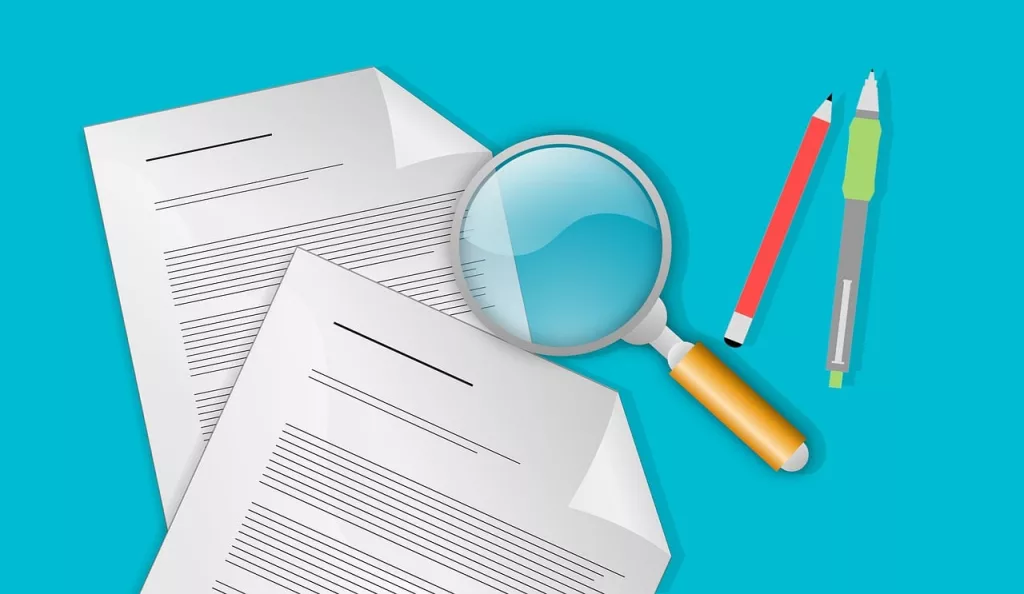When it comes to managing your finances, one area where you can make a significant impact is how you handle your taxes. While it’s essential to pay your fair share, there are legitimate ways to reduce your tax burden and keep more of your hard-earned money. Here are some smart money tactics for saving on taxes.
1. Maximize Retirement Contributions
One of the most effective ways to reduce your taxable income is to maximize your contributions to retirement accounts such as 401(k)s, IRAs, or self-employed retirement plans. These contributions are typically tax-deductible, meaning you can lower your taxable income for the year and save for your future at the same time.
2. Take Advantage of Tax Credits
Tax credits are a powerful way to reduce your tax bill because they directly reduce the amount of tax you owe, dollar for dollar. Common tax credits include the Earned Income Tax Credit (EITC), the Child Tax Credit, and the American Opportunity Tax Credit for education expenses. Make sure to research and claim any tax credits you qualify for to maximize your savings.
3. Consider Itemizing Deductions
While taking the standard deduction is simpler, it may not always result in the lowest tax bill. If you have significant deductible expenses such as mortgage interest, medical expenses, or charitable contributions, it may be beneficial to itemize your deductions instead. Compare the two methods to see which one gives you the most tax savings.
4. Invest in Tax-Efficient Funds
When investing, consider choosing tax-efficient funds such as index funds or exchange-traded funds (ETFs). These funds typically have lower turnover, which means they generate fewer capital gains distributions. By minimizing capital gains taxes, you can keep more of your investment returns.
5. Harvest Tax Losses
Tax-loss harvesting involves selling investments that have decreased in value to offset capital gains and reduce your taxable income. Be mindful of wash sale rules, which prevent you from repurchasing the same or substantially identical securities within 30 days before or after the sale to ensure the tax benefits.
6. Contribute to Health Savings Accounts (HSAs)
If you have a high-deductible health plan (HDHP), consider contributing to a Health Savings Account (HSA). HSA contributions are tax-deductible, and withdrawals for qualified medical expenses are tax-free. HSAs offer a triple tax advantage, making them a valuable tool for saving on taxes while covering medical costs.
7. Utilize Flexible Spending Accounts (FSAs)
Flexible Spending Accounts allow you to set aside pre-tax dollars to pay for eligible medical or dependent care expenses. By contributing to an FSA, you can lower your taxable income and save on taxes while budgeting for essential expenses.
8. Plan Charitable Giving Strategically
If you regularly donate to charitable organizations, consider donating appreciated assets such as stocks or mutual funds instead of cash. By donating appreciated assets, you can avoid paying capital gains taxes on the appreciation while still receiving a charitable deduction for the full value of the assets.
Conclusion
By implementing these smart money tactics, you can reduce your tax burden and keep more of your money working for you. However, tax laws are complex and subject to change, so it’s wise to consult with a tax professional or financial advisor to develop a tax strategy tailored to your individual situation. With careful planning and smart decisions, you can maximize your tax savings and achieve your financial goals.

